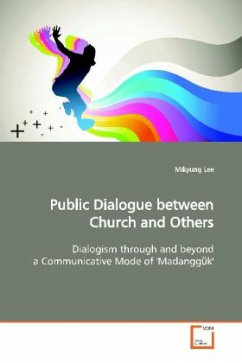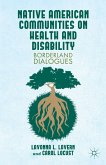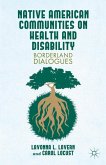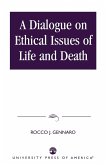The privatized and ghettoized church behind the wall
is confronted by a dual crisis: an internal crisis
of identity and an external crisis of relevance.
Therefore, to shape a dialogical relationship
through public dialogue is an essential task of the
public church, the so-called "go-to-all" church.
To execute "public dialogue" as the commission to
the "go-to-all" this book concerns a Korean art-
cultural pattern of public dialogue, particularly
madangg k. Madangg k is a compound noun: madang
(open place) + g k (theatre). It contains the
three elements for public dialogue place, a
medium, and communicative principles for public
dialogue.
As an alternative with the purpose of
overcoming "binary opposition" and shifting from
monologism to "dialogism," this book suggests three
alternative models of public dialogue: (1)
Incarntional Public Dialogue, (2) Critical Public
Dialogue, and (3) Festival Public Dialogue,
Furthermore, in order to construct or transform into
a "dialogical community," this study proposes "Six
Stages of Dialogic Praxis" and "Four Procedures of
Madang Public Dialogue."
is confronted by a dual crisis: an internal crisis
of identity and an external crisis of relevance.
Therefore, to shape a dialogical relationship
through public dialogue is an essential task of the
public church, the so-called "go-to-all" church.
To execute "public dialogue" as the commission to
the "go-to-all" this book concerns a Korean art-
cultural pattern of public dialogue, particularly
madangg k. Madangg k is a compound noun: madang
(open place) + g k (theatre). It contains the
three elements for public dialogue place, a
medium, and communicative principles for public
dialogue.
As an alternative with the purpose of
overcoming "binary opposition" and shifting from
monologism to "dialogism," this book suggests three
alternative models of public dialogue: (1)
Incarntional Public Dialogue, (2) Critical Public
Dialogue, and (3) Festival Public Dialogue,
Furthermore, in order to construct or transform into
a "dialogical community," this study proposes "Six
Stages of Dialogic Praxis" and "Four Procedures of
Madang Public Dialogue."








